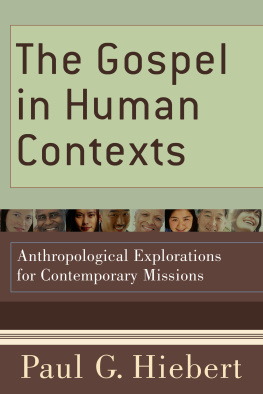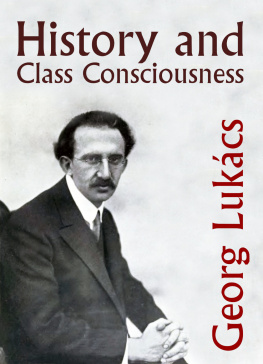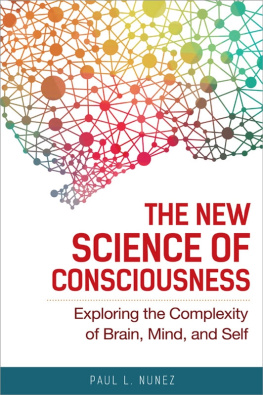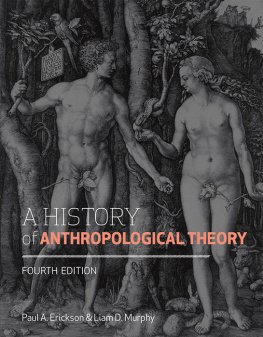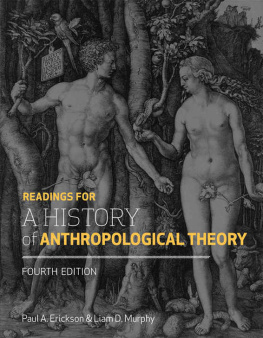E. Paul Durrenberger - The Anthropological Study of Class and Consciousness
Here you can read online E. Paul Durrenberger - The Anthropological Study of Class and Consciousness full text of the book (entire story) in english for free. Download pdf and epub, get meaning, cover and reviews about this ebook. year: 2011, publisher: University Press of Colorado, genre: Politics. Description of the work, (preface) as well as reviews are available. Best literature library LitArk.com created for fans of good reading and offers a wide selection of genres:
Romance novel
Science fiction
Adventure
Detective
Science
History
Home and family
Prose
Art
Politics
Computer
Non-fiction
Religion
Business
Children
Humor
Choose a favorite category and find really read worthwhile books. Enjoy immersion in the world of imagination, feel the emotions of the characters or learn something new for yourself, make an fascinating discovery.

- Book:The Anthropological Study of Class and Consciousness
- Author:
- Publisher:University Press of Colorado
- Genre:
- Year:2011
- Rating:4 / 5
- Favourites:Add to favourites
- Your mark:
- 80
- 1
- 2
- 3
- 4
- 5
The Anthropological Study of Class and Consciousness: summary, description and annotation
We offer to read an annotation, description, summary or preface (depends on what the author of the book "The Anthropological Study of Class and Consciousness" wrote himself). If you haven't found the necessary information about the book — write in the comments, we will try to find it.
E. Paul Durrenberger: author's other books
Who wrote The Anthropological Study of Class and Consciousness? Find out the surname, the name of the author of the book and a list of all author's works by series.
The Anthropological Study of Class and Consciousness — read online for free the complete book (whole text) full work
Below is the text of the book, divided by pages. System saving the place of the last page read, allows you to conveniently read the book "The Anthropological Study of Class and Consciousness" online for free, without having to search again every time where you left off. Put a bookmark, and you can go to the page where you finished reading at any time.
Font size:
Interval:
Bookmark:
OF CLASS AND CONSCIOUSNESS
OF CLASS AND CONSCIOUSNESS
5589 Arapahoe Avenue, Suite 206C
Boulder, Colorado 80303
Printed in the United States of America
 | The University Press of Colorado is a proud member of the Association of American University Presses. |
 The paper used in this publication meets the minimum requirements of the American National Standard for Information SciencesPermanence of Paper for Printed Library Materials. ANSI Z39.48-1992
The paper used in this publication meets the minimum requirements of the American National Standard for Information SciencesPermanence of Paper for Printed Library Materials. ANSI Z39.48-1992p. cm.
Includes bibliographical references and index.
ISBN 978-1-60732-156-9 (hardcover : alk. paper) ISBN 978-1-60732-157-6 (ebook)
1. Social classes. 2. Classism. 3. Class consciousness. 4. Social stratification. 5. Labor unions. 6.
Working class. I. Durrenberger, E. Paul, 1943
HT609.A44 2012
305.5dc23
which clearly defined class relations
OF CLASS AND CONSCIOUSNESS
Font size:
Interval:
Bookmark:
Similar books «The Anthropological Study of Class and Consciousness»
Look at similar books to The Anthropological Study of Class and Consciousness. We have selected literature similar in name and meaning in the hope of providing readers with more options to find new, interesting, not yet read works.
Discussion, reviews of the book The Anthropological Study of Class and Consciousness and just readers' own opinions. Leave your comments, write what you think about the work, its meaning or the main characters. Specify what exactly you liked and what you didn't like, and why you think so.

